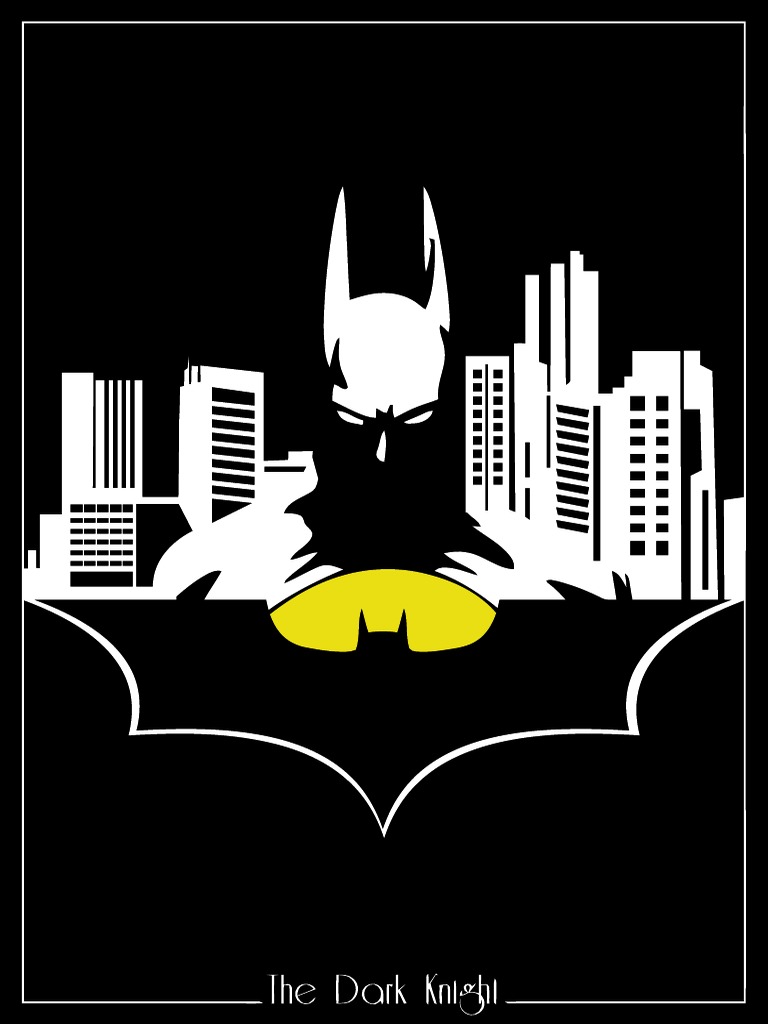In the pantheon of cinematic history, few performances can rival the enigmatic allure of Heath Ledger’s portrayal of the Joker in “The Dark Knight.” A masterpiece that transcended the traditional superhero genre, this film is less a simple comic adaptation and more a profound exploration of chaos, morality, and duality. Ledger’s Joker is the harbinger of anarchy, a chaotic force that not only serves as the antagonist to Batman but also as a mirror reflecting the complexities within the Dark Knight himself.
The film is a striking juxtaposition of light and shadow, with Gotham City serving as a backdrop where these characters dance a macabre tango. Batman, a vigilante with a moral compass that often falters in the face of existential dilemmas, finds himself constantly challenged by the Joker’s nihilistic philosophy. The Joker, clad in his garish hues, serves as an unholy grail of madness, inviting the audience to ponder the tenuous threads that bind sanity and insanity. This intricate interplay of light and darkness delves deep into the human psyche, probing questions that linger long after the credits roll.
Ledger’s portrayal is a symphony of chaos, an avant-garde performance that eschews conventional villainy for an unsettling embodiment of anarchy. His haunting laugh echoes through the chambers of one’s mind, resonating as both an invitation and a threat. It is a performance that transformed the character from a simple maniac into a tragic symbol of societal breakdown, bringing depth to what could have easily been a one-dimensional villain. Ledger’s Joker is both a destruction agent and an informant of self-awareness, challenging the audience to confront their own understanding of justice and morality.
Moreover, the relationship between Batman and the Joker transcends mere conflict; it is a philosophical discourse. Batman’s adherence to a code is relentlessly tested by the Joker’s chaotic ideology. In a world where the lines between heroism and villainy blur, the audience is left to ponder: are we merely products of our environment, or can we transcend our circumstances? The Dark Knight masterfully weaves these questions into its narrative fabric, prompting viewers to engage in a cerebral dance long into the night.
Furthermore, “The Dark Knight” pays tribute to Ledger not just in the weight of his performance but in the film’s thematic resonance. The legacy he leaves behind is palpable—his portrayal is a reminder of the fragility of life and the darkness that lurks within. It is a poignant exploration of loss, creativity, and the pursuit of understanding amidst chaos. As viewers, we are not simply witnesses to a story; we are participants in a grand philosophical exploration that leaves indelible impressions upon the soul.
